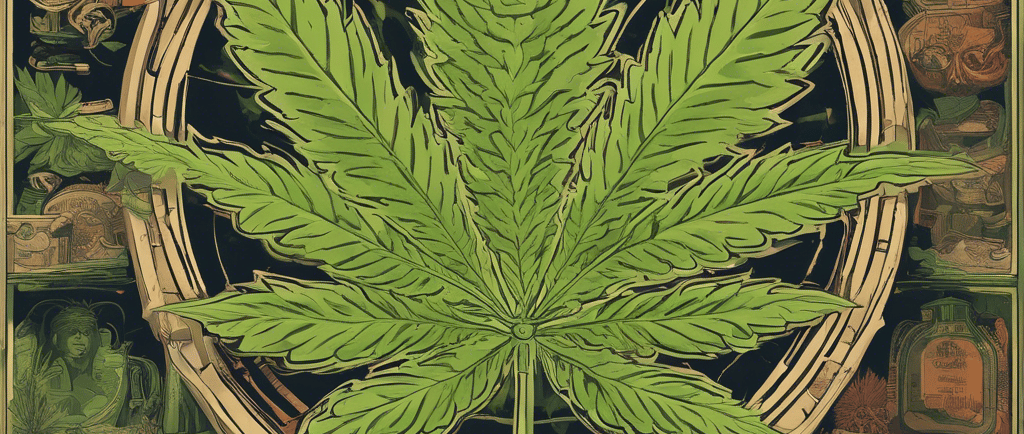Global Perspectives: Cannabis Clubs in Different Cultures
Cannabis clubs and their acceptance vary significantly across the globe, influenced by cultural, legal, and social factors unique to each region. This article explores the diversity of cannabis clubs worldwide, examining how different cultures have embraced these communities and the impact of such acceptance on global cannabis policy and perception.
CANNABIS CLUBS
3/31/20242 min read


The Spanish Model: Social Clubs as a Safe Haven
Spain, particularly Barcelona, has become synonymous with the cannabis club model, where clubs operate as private, nonprofit associations providing cannabis to registered members. This model emphasizes community and safety, requiring membership and operating within strict regulatory frameworks to ensure responsible consumption.
The Dutch Coffee Shop Culture
The Netherlands, especially Amsterdam, pioneered the coffee shop model, allowing the sale and consumption of cannabis in designated establishments. While these coffee shops have become iconic, attracting tourists worldwide, they also reflect the Dutch pragmatic approach to drug policy, focusing on harm reduction and public health.
North American Dispensaries: From Medical to Recreational
In the United States and Canada, dispensaries initially emerged to provide medical cannabis to patients with prescriptions. With evolving legislation, many regions now also permit recreational dispensaries, which, unlike the European club model, operate commercially, contributing significantly to the local and national economy.
The Uruguayan Approach: State-regulated Membership Clubs
Uruguay stands out for its unique approach to cannabis, becoming the first country to fully legalize the plant for medical, recreational, and industrial use. In Uruguay, cannabis clubs function under state regulation, allowing citizens to form clubs for collective cultivation and distribution among members, showcasing a model of state involvement and control.
Cultural Acceptance and Societal Impact
The acceptance and operation of cannabis clubs are deeply influenced by cultural attitudes towards cannabis. In regions with a history of cannabis use as part of traditional or religious practices, clubs often incorporate these cultural elements, emphasizing the plant's spiritual and communal importance. Conversely, in areas where cannabis has been historically stigmatized, clubs may focus more on advocacy, education, and changing public perception.
Challenges and Opportunities
While cannabis clubs offer numerous benefits, including safe access to cannabis and community building, they face challenges. Legal restrictions, societal stigma, and varying degrees of acceptance impact their operation and growth. However, as global perspectives on cannabis shift towards more open acceptance and understanding, the potential for these clubs to serve as models for responsible consumption and community engagement grows.
Conclusion
Cannabis clubs reflect the diverse cultural, legal, and social landscapes of their regions, offering insights into the complex relationship between society and cannabis. As countries continue to navigate the path of cannabis legalization and regulation, the global tapestry of cannabis clubs provides valuable lessons in balancing safety, community, and cultural acceptance.
